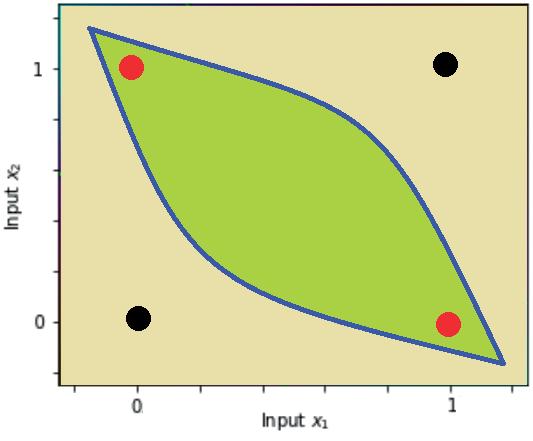Machine Learning with Python
Chapter 2 • A Brief History of ML and AI Although the term artificial intelligence first appeared at Dartmouth, the question of whether machines can really think is much older. In a famous paper entitled As We May Think, a system was proposed as early as 1945 that would model knowledge processing on human ways of thinking. A little later, Alan Turing published a technical article about how machines could take on tasks that require a high degree of "intelligence". In this context, chess was also explicitly mentioned. Nowadays, the exorbitant computing power of modern computers is undisputed. Nevertheless, it is doubtful whether a machine can really "think intelligently". Even the lack of an exact definition of the term "intelligence" is problematic. Moreover, the most important advances in the field of AI are not even recognizable to many people. The new methods are often used in very subtle ways. For example, when it comes to investigating customer behavior and, subsequently, influencing purchasing decisions, there is no interest in public education in this regard. Furthermore, there is a certain tendency to constantly redefine what "intelligent" means. When machines have solved a problem, afterwards it is quickly regarded as trivial or as plain computing power. For example, chess — the "Game of Kings" — was considered for centuries to be a strategy game requiring massive intelligence. After the chess world champion was defeated, the game was considered nothing more than "computing power". The future of AI becomes easier to understand if we look at some important points in its history. After the Dartmouth Conference, one of the next milestones was a computer program capable of communication with humans through a keyboard and a screen. ELIZA surprised many people with the illusion of a human conversation partner. Expert systems were finally used for the first medical applications. Highly-developed computer programs supported medics in diagnoses and routine analyses. From 1986 onward, computers slowly learned to speak. Using predefined phonetic sequences, machines were able to pronounce whole words and sentences intelligibly for the first time. Finally, further technological developments paved the way for artificial intelligence in everyday life. Powerful processors in smartphones and tablets offer consumers extensive AI applications. Apple's Siri, Microsoft's Cortana software, and Amazon's Alexa are conquering the markets. Since 2018, AI systems have been discussing space travel and arranging hairdresser's appointments. Finally, a system called AlphaGo managed to beat the reigning world champion in the game of Go. This Asian board game has significantly more variants than chess. With the pure pre-calculation of possible moves, the chances of success are therefore extremely low. With the help of AI methods, however, the seemingly impossible was achieved. A very special move attracted particular attention. Much later, it became clear how brilliant it was. Many experts were already talking about creativity and intuition on the part of the machine.
● 16
Machine Learning with Python 220224 UK.indd 16
23/03/2022 11:52



